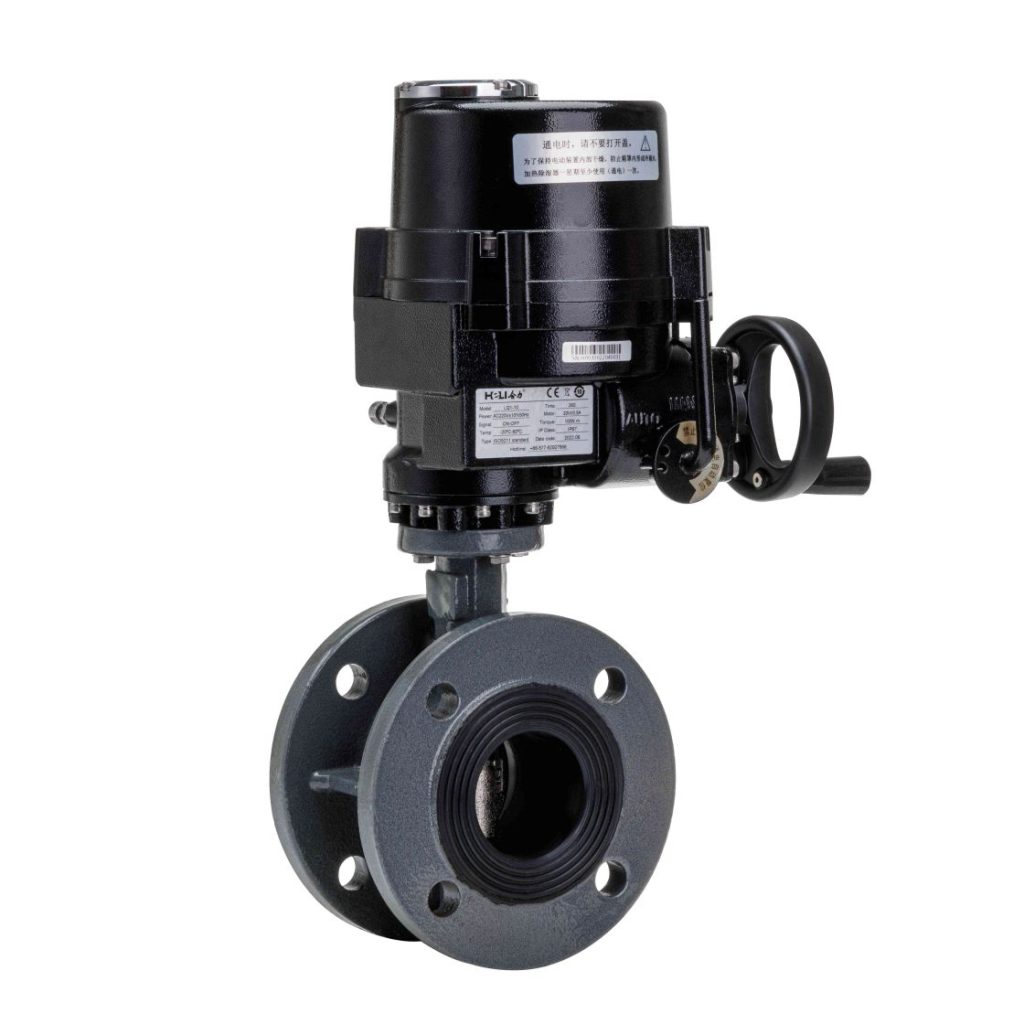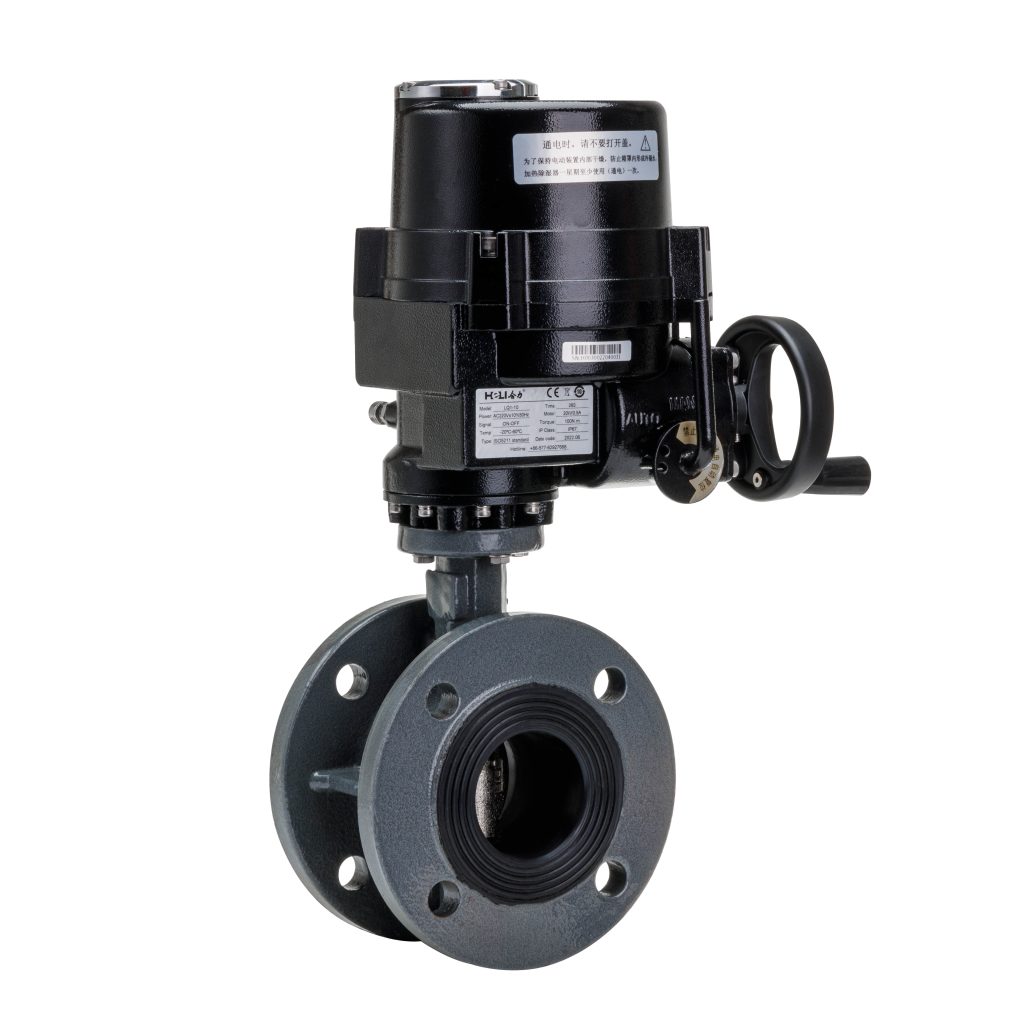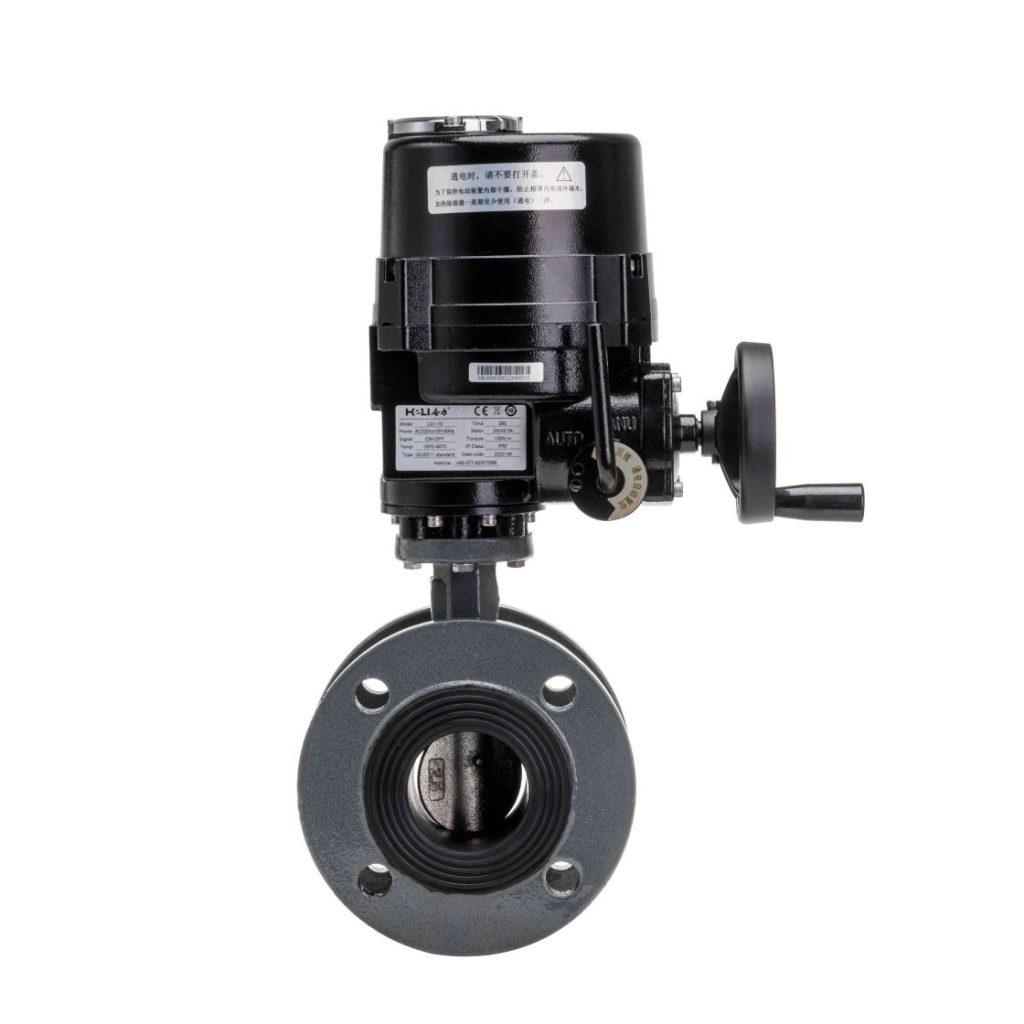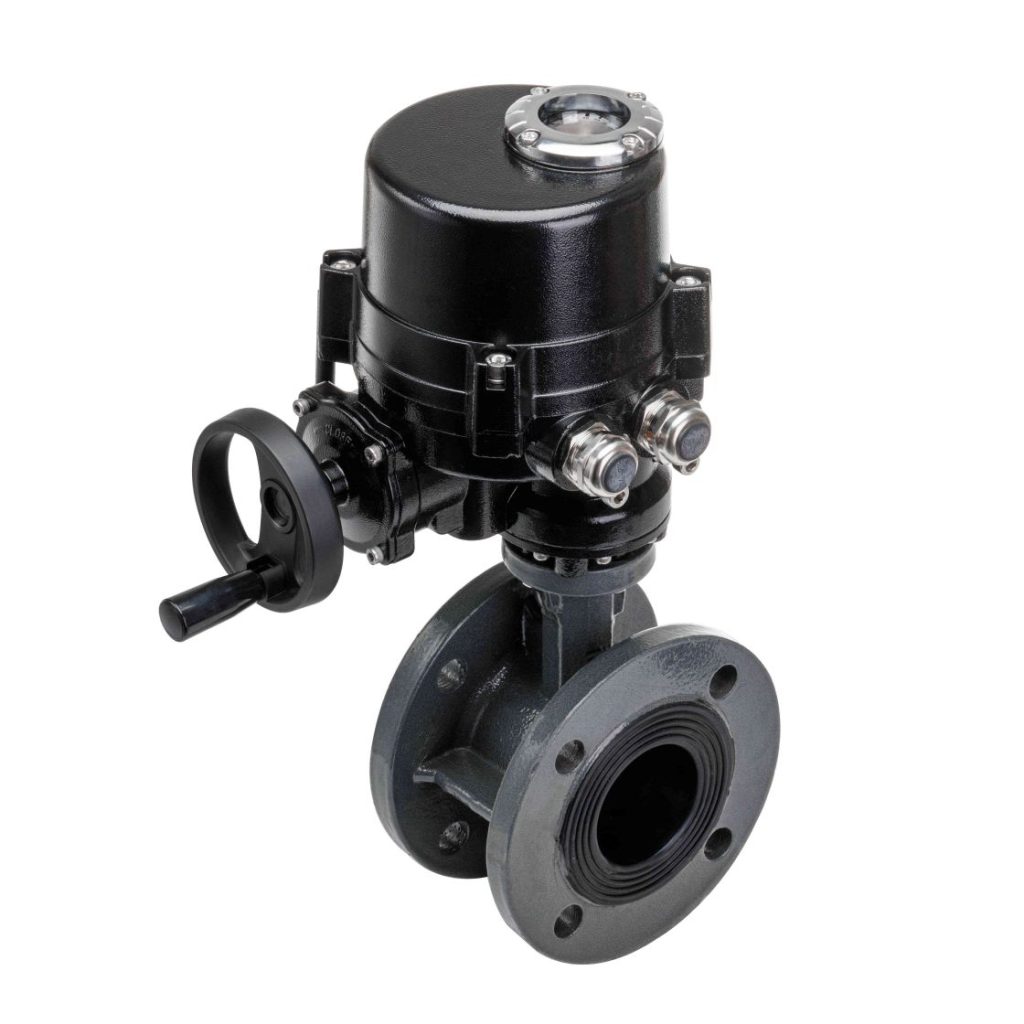In modern industrial systems, ensuring precise control and regulation of fluid flow is paramount. This is where the WCB Electric Flange Ball Valve plays a crucial role. Designed to handle a variety of fluids in different settings, this valve combines robust construction, reliability, and electric actuation to meet the ever-evolving demands of industries such as oil and gas, chemical, water treatment, and power generation.

What is a WCB Electric Flange Ball Valve?

A WCB Electric Flange Ball Valve is a type of valve that uses a ball with a hole or port through its center to control the flow of fluid through pipelines. The “WCB” refers to the material composition of the valve body, which is made from a cast carbon steel alloy, ensuring the valve’s durability and ability to withstand high pressures and temperatures. The “Electric” aspect indicates that the valve is equipped with an electric actuator, which allows it to be operated remotely and precisely, eliminating the need for manual operation.

The “Flange” term refers to the valve’s connection type, which involves flanged ends that are bolted to the pipeline. This design provides a secure, leak-proof seal that is essential for maintaining the integrity of the system. Together, these features make the WCB Electric Flange Ball Valve an ideal solution for industries requiring efficient and reliable fluid control systems. Key Features and Benefits of WCB Electric Flange Ball Valve Durability and Strength The WCB Electric Flange Ball Valve is built to last. With a body constructed from WCB (cast carbon steel), it exhibits high strength and resistance to wear and corrosion, making it suitable for even the most demanding industrial environments. Whether in high-pressure pipelines or areas exposed to harsh chemicals, the WCB material ensures the valve’s performance is not compromised.

Leave a Reply